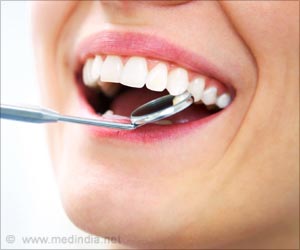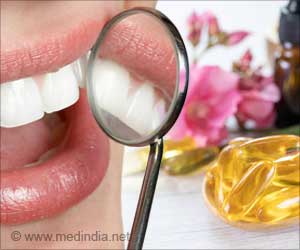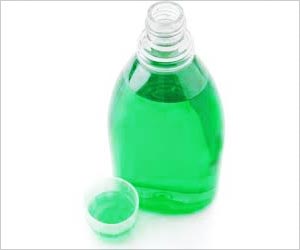
‘Lower speed electric drills can create a safer dental visit during COVID-19 pandemic.’
Tweet it Now
Instead of simply mapping the spread of water spray during treatment, the research team introduced a virus that is similar in size and structure to the SARS-CoV-2 virus that causes COVID-19.The findings of study also show that the time taken to prepare safe surgeries between appointments can be reduced by changing drills, and will lead to more dental treatments.
Lead clinical author Professor Brian Nattress, from Leeds’ School of Dentistry, said: “The issue for dentists during the coronavirus pandemic is that their routine work involves creating an aerosol spray in a confined space with an associated risk of airborne spread of COVID-19.
This is the first time the spread of a harmless COVID-19-like virus has been analysed during routine drilling procedures.
Since reopening after pandemic, patients visiting a dentist may be asymptomatic carriers of the SARS-CoV-2 virus. In order to handle this, strict regulations have been introduced to ensure work areas are safe and prepared appropriately between appointments.
Advertisement
During the new research tests, use of the electric drill rather than an air drill led to a 99.98% reduction in aerosol spread of the virus into the air.
Advertisement
The recommendation made in this study will help more people to access the dental care they need. The research team is calling for further and essential studies to find different strategies to control the spread of dental aerosols and help to reduce the backlog of patients.
Source-Medindia













